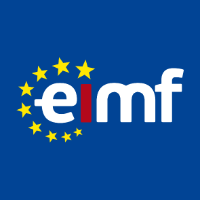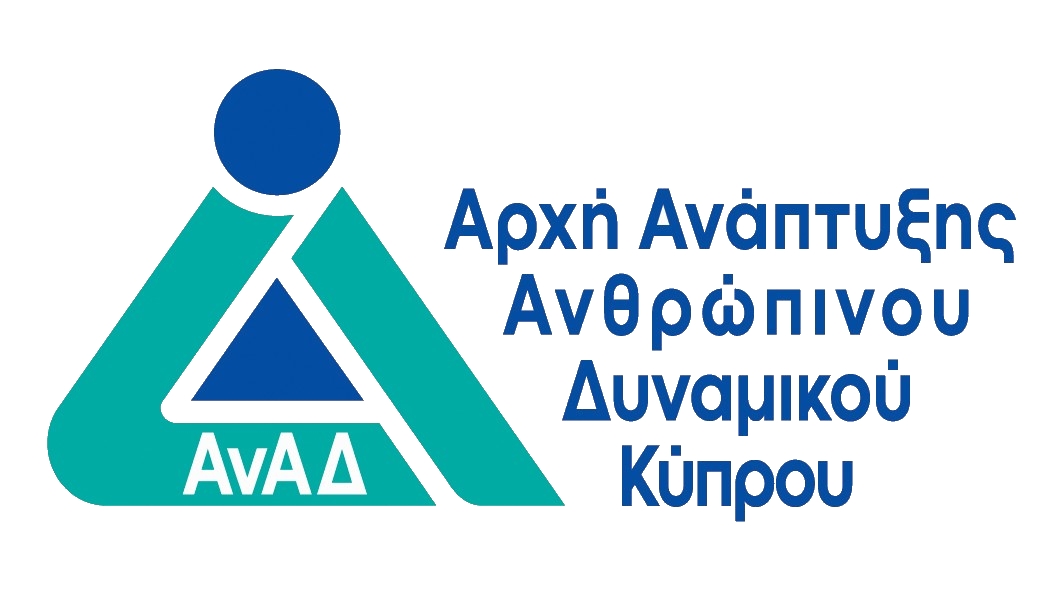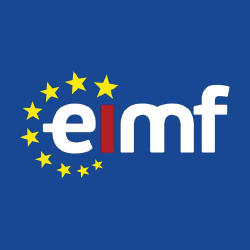
Advanced Negotiation Skills
- Soft Skills / Επικοινωνία

ΠΕΡΙΓΡΑΦΗ
Irrespective of the industry or sector, dealing with colleagues or clients from different professional backgrounds and agendas is quite demanding. Being able to communicate your aims effectively and efficiently, while at the same time maintaining sound personal and professional relationships, is an outstanding skill. This is why it is important to have solid negotiation skills.
Being able to negotiate effectively, can also help a professional, within a process of “give and take”, to settle disputes, help two or more sides to reach to an agreement, and even build a better business relationship.
Demonstrating a good negotiations skillset, leads to the increase of the productivity within the company, as well as between the company and the client. Therefore, professionals need to be able to know how to build a good strategy and the tactics to be used to be achieve the best end result. We will also briefly look at the impact of AI on negotiation.
Through this programme participants will be encouraged to evaluate their own habits and mindset used whilst negotiating, as well as identify new approaches to provide them with both a flexible and a professional approach.
ΣΚΟΠΟΣ ΣΕΜΙΝΑΡΙΟΥ
By attending the programme participants will be able to:
- Describe the steps of a Negotiation process
- Describe what win/win means in a negotiation process
- List the steps for a negotiation strategy
- List the key negotiations skills that should apply during a negotiation
- List and address causes of tension in a negotiation arena
- Name the challenges that may be encountered during a negotiation process
- Explain the theory of BATNA
- Develop the skills to avoid reaching your BATNA
- Develop effective communication skills
- Develop a positive first impression
- Develop a framework for having better high-level difficult conversations
- Develop a well-structured negotiation strategy using IMPACT Model
- Explain the positions and interests of the parties involved in the negotiation
- Explain the negotiation mindset and how it affects the negotiation outcome
- Explain solutions and positions during a negotiation
- Perform the skills to enable mutual benefit
- Show effective communication skills using questioning, active listening and body language
- Enable more effectiveness in negotiations by considering key negotiation strategies in more detail and applying them in practice depending on the situation
- Organise the tactics that should be taken to achieve goals during the negotiation with the counter party
- Motivate people to work for mutual benefit
- Evaluate and apply the appropriate processes and procedures of the negotiation framework and best practices
- Appraise own performance and behaviour as a negotiator and the impact that this can have on the parties involved
ΣΕ ΠΟΙΟΥΣ ΑΠΕΥΘΥΝΕΤΑΙ
he programme is ideal for
- Directors and Executives
- Middle and senior management
- Heads of accounting departments
- Heads and officers of Procurement
- Heads of call centres and call centre agents
- Sales managers and officers
- Senior Managers in Investment Firms
- Marketing Managers and Officers in Retail banking and insurance
- Business Development Executives
- Client Account Managers
- Financial Institutions with both retail and business clients
- Financial Consultants
- Project managers
- Lawyers
ΠΕΡΙΣΣΟΤΕΡΕΣ ΠΛΗΡΟΦΟΡΙΕΣ
Training Outline
Introduction to Negotiation and the basics of Negotiation
- Why we negotiate
- Where races are won – and lost
- What does Win/Win really mean?
- Planning negotiation outcomes
- What will they be planning?
- Hard and soft outcomes
- Seeking the easier routes
- Preparation for specific scenarios
Becoming Skilful Negotiators
- Creating the right first impression – your ABC
- Building rapport and connection
- The power of questions
- Questioning styles and types
- Listening for negotiators
- Flexing and re positioning
- Reframing for your outcome
- Why should they?
Interests and Positions during a Negotiation
- Describing the positions of the involved parties
- Connecting with the interests of the involved parties
- Describing our own Positions and interests
- Looking for strengths & weaknesses
- Outlining walk away status
- Describe your BATNA
- Consider how to use your BATNA
- The balance of power
- EQ in negotiations
- Cultural bias in negotiations
Negotiating with IMPACT
- Structured negotiating
- Gaining early agreement – using PPP
- Questioning with confidence
- Understanding their positions
- Looking for alternatives
- Asking for what you want
- Seeking solutions using benefits
- Identifying “sticky” points
- Moving to consensus
Techniques for “tough going”
- The most powerful words
- When to stay and when to go
- The “Columbo”
- Testing their desired outcome
- Face to Face/Phone/email/video/other?
- Persuasion: better than telling
- What does “no” mean?
- Deadlines and concessions
- How AI may affect negotiation
Negotiation challenges in the 2020s
- Negotiating remotely
- How to maintain good relationship after negotiations
Improving with Practice
- Interactive exercise – fee negotiation
- Implementation of learning
- Developing through feedback
- Learning through watching and doing
- Identification of individual learning points
- Win/win in practice
Practical case studies
Training Style
The programme is designed to deliver knowledge and enhance participants’ skills via a participative delivery style that includes short lectures, case-studies, practical example and real-life simulations. The most important element is the practice sessions.
Through discussion and practical application participants will be able to address their current strengths and weaknesses and attain feedback. Case studies will help participants understand how to solve problems in similar situations, helping to negotiate better outcomes, maybe in less time, and with less effort.
CPD Recognition
This programme may be approved for up to 14 CPD units in Personal and Professional Development. Eligibility criteria and CPD Units are verified directly by your association, regulator or other bodies which you hold membership.
Πληροφορίες Εκπαιδευτή
Αναλυτικό Κόστος Σεμιναρίου
Για Δικαιούχους ΑνΑΔ
- € 550.00
- € 280.00
- € 0.00
- € 270.00
- € 270.00
Για μη-Δικαιούχους ΑνΑΔ
- € 550.00
- € 0.00
- € 104.50
- € 550.00
- € 654.50
 Ελληνικά
Ελληνικά  English
English



 Αγγλικά
Αγγλικά
 14 ώρες
(
4 μέρες
)
14 ώρες
(
4 μέρες
)







